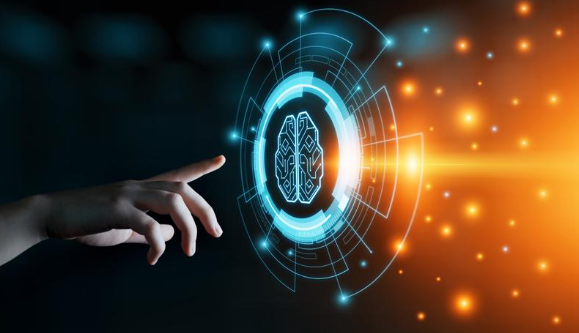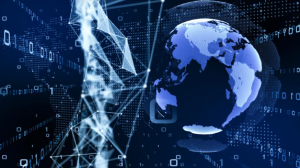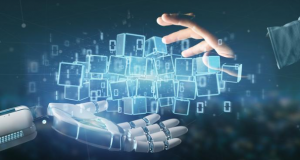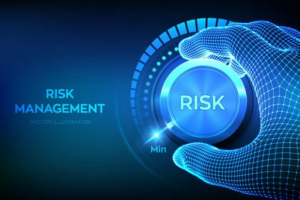The Impact of Artificial Intelligence on Society

Artificial intelligence is advancing rapidly and shaping our world in profound ways. AI has the potential to greatly improve society and humanity’s condition in the coming decades. But widespread use of AI may also bring challenges and unintended consequences that we must grapple with responsibly. The future with AI will ultimately depend on the choices we make today as individuals, organizations and policymakers.
On the positive side, AI can help solve many pressing problems facing society and enhance people’s lives. In healthcare, AI can enable more accurate diagnosis, personalized treatment plans and improved access. AI may make transportation safer and more efficient through autonomous vehicles and intelligent management systems. Other fields such as education, agriculture, security and environmental protection can also benefit from responsible AI adoption.
However, AI may significantly disrupt labor markets and the workforce. Many jobs will be automated but new types of jobs will also emerge. Retraining programs need to be put in place to help workers acquire skills for new AI-based jobs. If not managed well, AI can worsen inequality in the job market and economy. People who lack digital skills may find it much harder to thrive in the AI age.
In addition, the rise of advanced AI also brings risks and challenges that must be addressed. Weaponized AI in the form of autonomous drones or cyber-weapons poses threats that are hard to counter effectively. The possibility of superintelligent systems that become too difficult for humans to monitor and control also raises concerns. Biases and unfairness in AI algorithms and data must be minimized to achieve equitable outcomes. Regulations and policies on AI should aim to encourage innovation while protecting individuals and society.
Overall, artificial intelligence will transform society in profound ways in the coming decades – for better and for worse. With responsible development and governance, AI can make the world more progressive, sustainable and humane. But without foresight and vigilance, AI may polarize society and deepen existing inequalities. The future with AI will depend on the choices we make today to ensure this powerful technology is directed to benefit humanity as a whole. Every person has a role to play to shape a future where AI enhances society in positive ways. We must proceed thoughtfully but also boldly. The rewards of progress through responsible AI can be enormous. Let us rise to the occasion and opportunities ahead. Our shared future depends on the collaboration of human and artificial intelligence alike.






